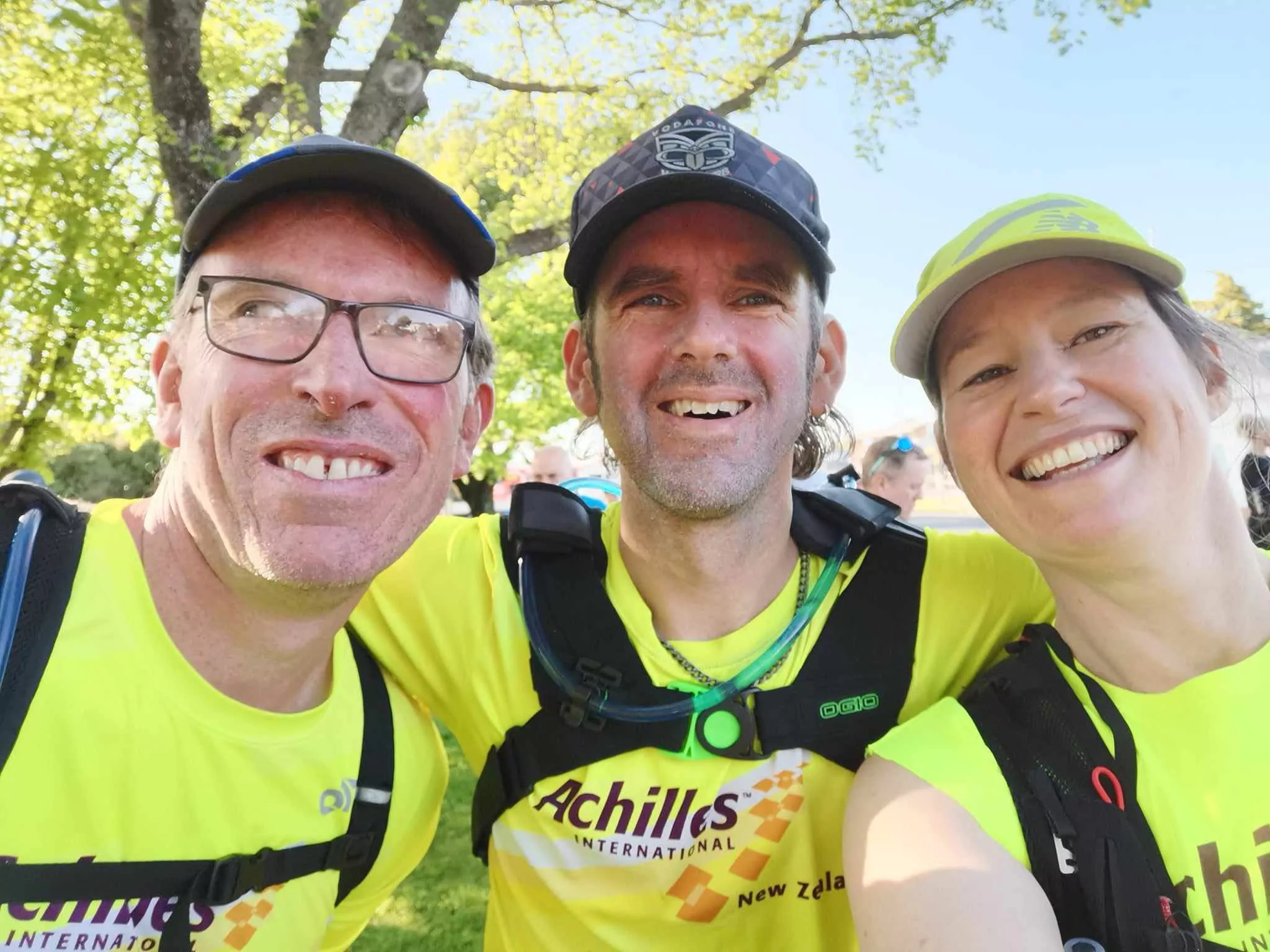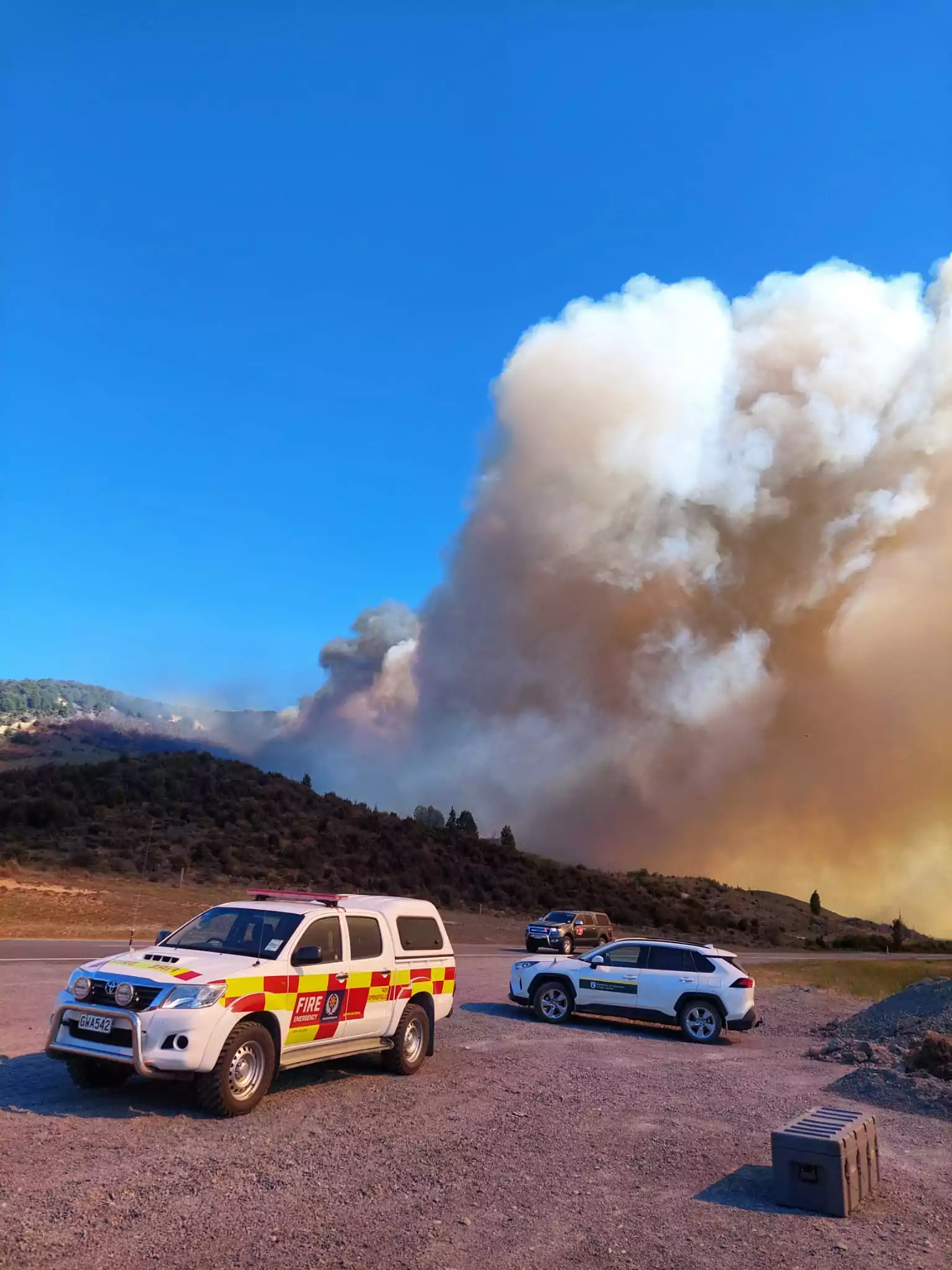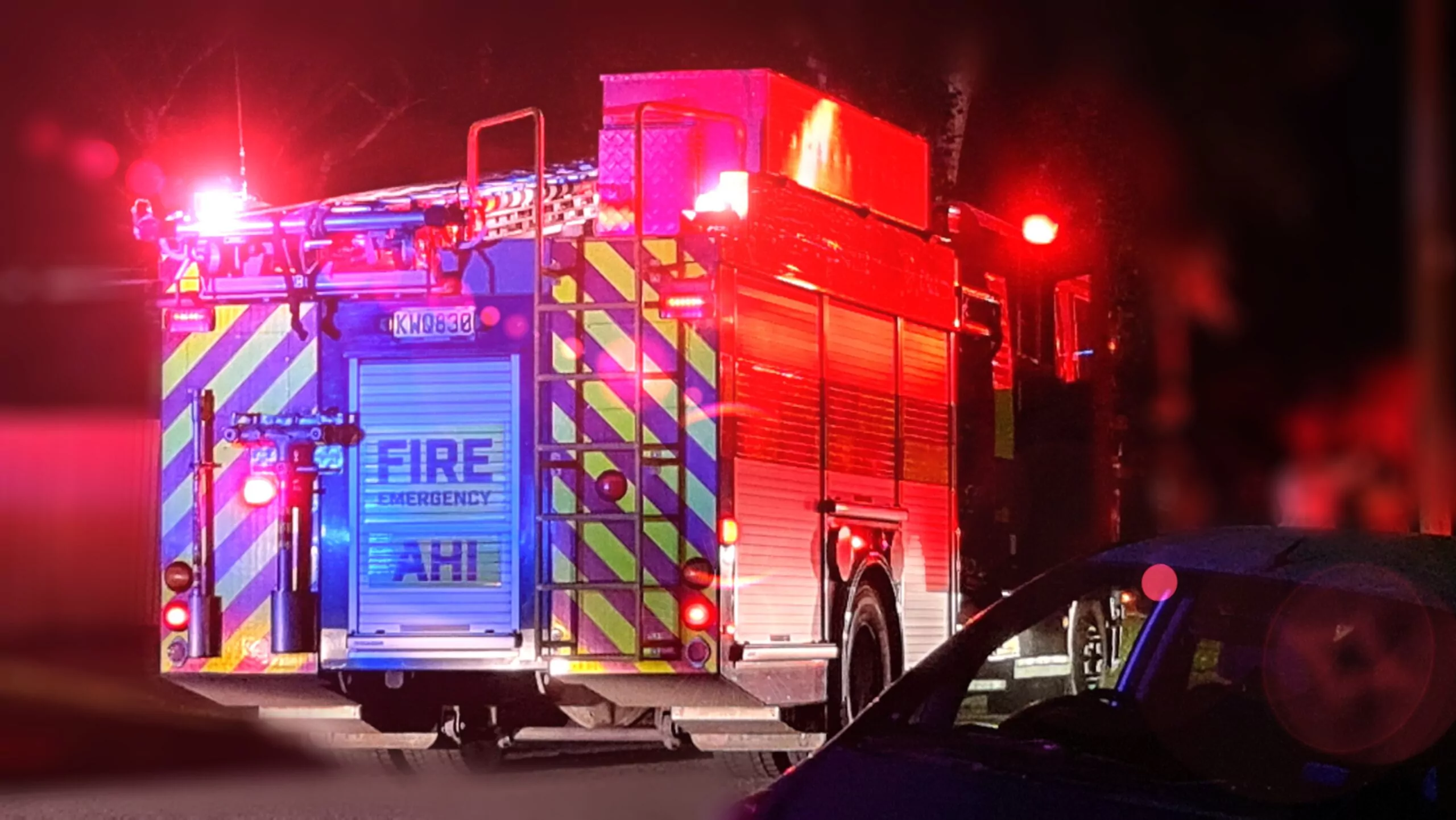Photo: Naomi Wilde
A 21 year old student has died in Canterbury this week after contracting meningococcal disease.
Canterbury DHB Medical Officer of Health, Dr Cheryl Brunton, confirmed the news today.
“I express my sincerest condolences to the person’s family, and ask that their request for privacy is respected as they come to terms with the passing of their family member.”
“Unlike COVID-19 or measles, which are highly contagious, meningococcal disease is hard to catch. The bacteria pass from one person to another through secretions from the nose or throat, during close or prolonged contact.”
Dr Brunton said “members of the same household as a person who has the disease are at the highest risk of getting it.
“The Community and Public Health team has identified those close contacts of the person who require antibiotics, to prevent them developing meningococcal disease.”
“Our team is working closely with the University of Canterbury, which the person attended, to provide information to students and staff. I can reassure all concerned that the chance of anyone catching it is low.”
“Being in the same room as someone with meningococcal disease does not mean you will catch it,” Dr Brunton said.
Meningococcal disease is a fast-moving illness, which has symptoms similar to a number of other illnesses such as influenza.
“It’s a bacterial infection that can cause two very serious illnesses: meningitis (an infection of the membranes that cover the brain) and septicaemia (blood poisoning). It can affect anyone – but it’s more common in children under the age of 5, teenagers, and young adults.
“Up to 15% of people carry the bacteria that cause meningococcal disease in their nose and throat without being sick. In some people, for reasons we don’t fully understand, these bacteria sometimes go on to cause disease, spreading through the bloodstream (causing blood poisoning) or to the brain (causing meningitis). The bacteria are spread in secretions from the nose or throat by coughing, sneezing and kissing.
“Our investigations to date suggest the risk of anyone else who attended the University prior to COVID-19 Alert Level 4 restrictions developing meningococcal disease is very low,” Dr Brunton said.
University of Canterbury Executive Director of People, Culture and Campus, Paul O’Flaherty said the university offers its deepest condolences to the student’s family, friends and loved ones.
His family has requested privacy.
“The University of Canterbury’s pastoral care team is supporting the student’s flatmates, friends and whānau. With the consent of his family, we have advised the wider university community of staff and students, including information about meningococcal disease.”
“UC is working closely with the Canterbury DHB. Canterbury Medical Officer of Health Dr Cheryl Brunton has advised the University that the risk of anyone who was in contact with the student developing meningococcal disease is very low. The Community and Public Health team identified those who required antibiotics.”
Signs and symptoms of meningococcal disease
Meningococcal disease symptoms typically develop very quickly over a few hours, but in some cases may develop more slowly over several days. A person with meningococcal disease may only have some of the symptoms. The symptoms don’t develop in any particular order.
Common symptoms of meningococcal disease include:
-
a fever (high temperature), although their hands and feet may feel cold
-
vomiting
-
muscle and joint aches and pains.
Common symptoms of meningitis include:
-
a headache, which may be severe
-
a stiff neck
-
sensitivity to bright light
-
drowsiness and confusion (being hard to wake them).
A red or purple rash is common, but it doesn’t always happen. One or two spots can appear anywhere on the body then many more appear looking like rash or bruises.
If you’re concerned that someone in your family might have meningococcal disease, call your doctor straight away or dial 111. Say what the symptoms are.
In Canterbury you can call your own general practice team 24/7 and after-hours when the practice is closed simply follow the instructions on the answer phone to be put through to a nurse who can provide free health advice. You can also call Healthline 0800 611 116 24/7.
If you have seen a doctor and gone home, but are still concerned, don’t hesitate to call your doctor again or seek further medical advice.
Several meningococcal vaccines are available in New Zealand. You will need to pay for them through your General Practice team.
The Ministry of Health funds free vaccinations for groups of people with a high risk of meningococcal disease (mostly people with impaired immune system function). They also recommend but don’t fund vaccinations for other groups of people.









